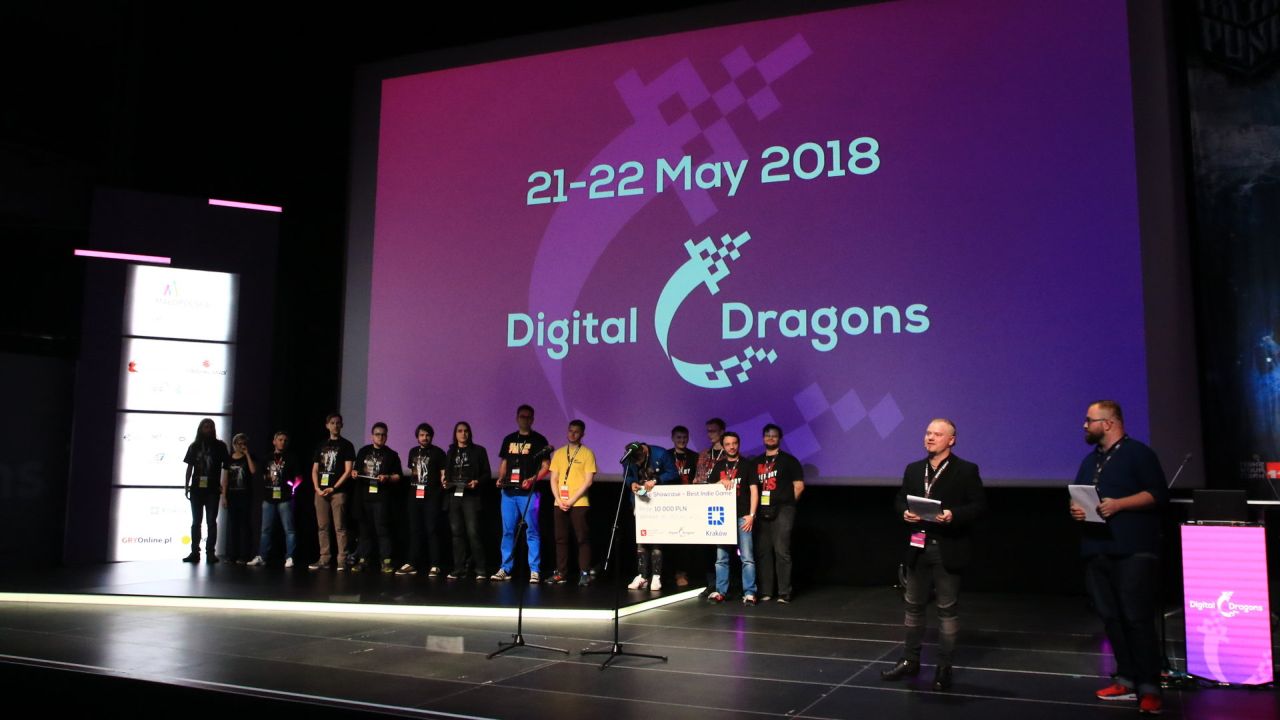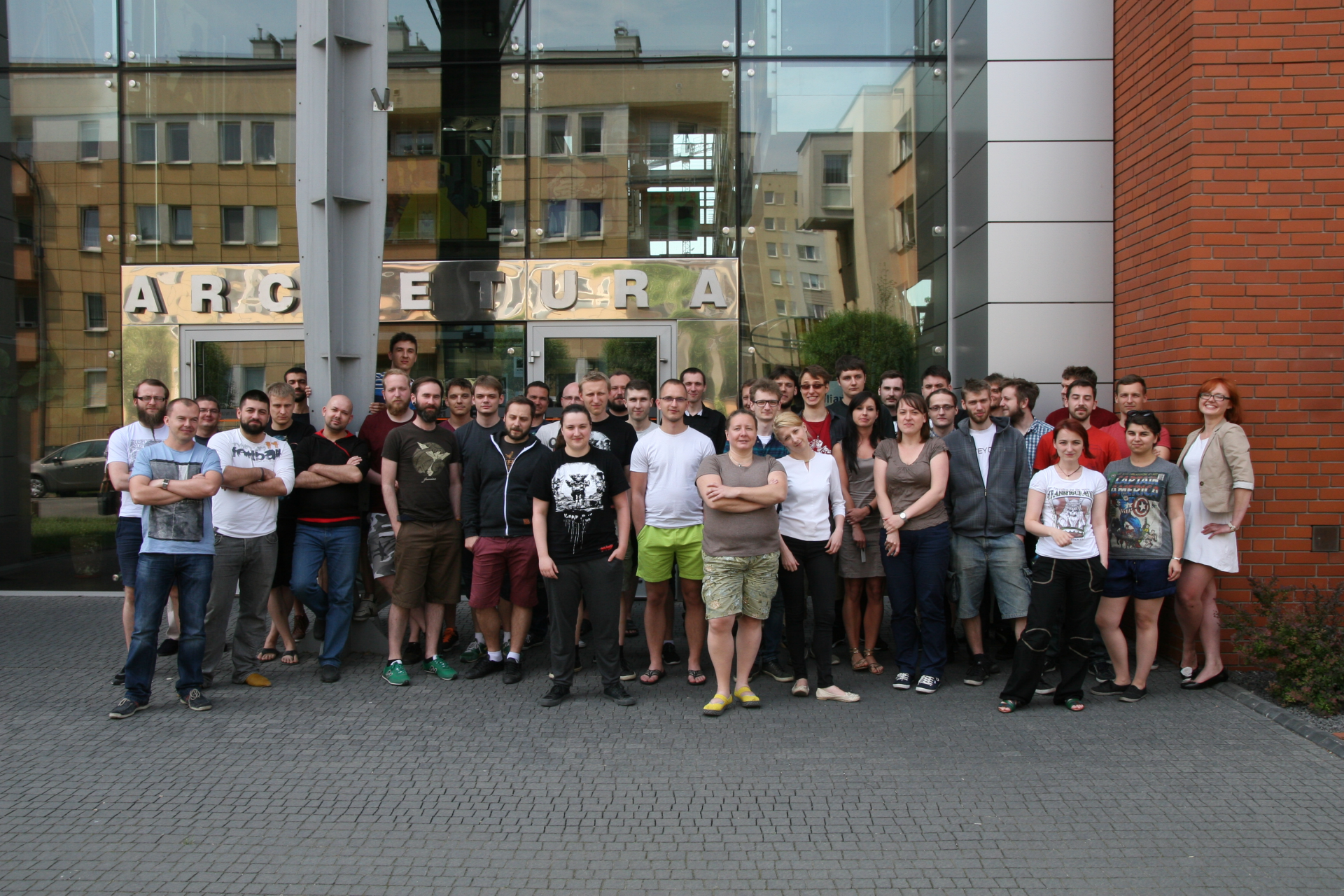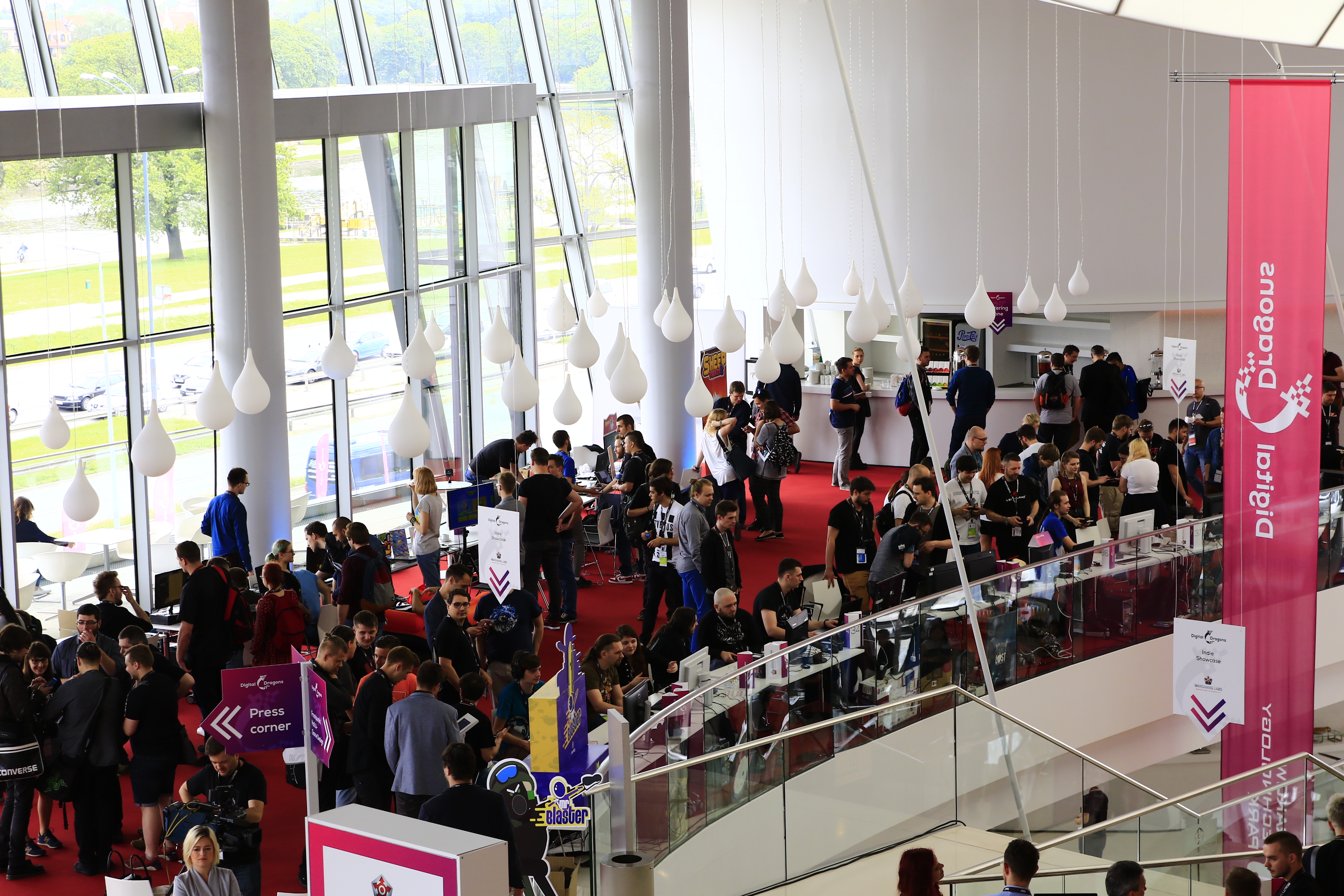Poland’s Got Indie Talent
The story behind Poland’s rise to become an indie game powerhouse success story.

A while ago, I think it was after playing 11 bit studios’ This War of Mine, I decided to have a quick Google search to find other Polish game development companies and their games. I obviously had CD Projekt Red in mind and their globally praised masterpiece, The Witcher 3. But little did I know how prolific this country with such a turbulent history had become as an indie video game powerhouse.
It became clear to me that CD Projekt Red was just a skyscraper in a very populated and successful micro-environment of incredibly creative and heavily narrative focused indie giants. That quick Google search brought to my attention incredible and award-winning titles like Observer, Layers of Fear, The Vanishing of Ethan Carter, Frostpunk, Beat Cop, Hard West, Dead Island and Dying Light, Superhot and the upcoming Cyberpunk 2077. These games all have unifying concepts that go beyond simply sharing a country of origin, sharing in compelling narratives, thoughtful topics and innovative games design.
So, what is it that makes Poland so distinct and why have Polish developers become so good at telling profound stories? I set off to try and find some answers by speaking with the people that were likely to know best – the development community in Poland.
“I would say that the dark tones of the stories we tell in Poland is that unique feature,” says Rafał Basaj, the Brand Manager and Producer at Layers of Fear developer Bloober Team. “If you look at This War of Mine, it’s a dark story about surviving from the angle of a regular person through the war. If you look at The Astronauts and The Vanishing of Ethan Carter, it’s still a dark story about finding a missing body. We like to tell dramatic stories. We like complex narratives with twists, that are not easy to go through because they have different layers and substories.”

It seems obvious now that a country with such a unique national story would also produce unique storytellers. Polish developers have different points of view and ways of approaching life compared to developers in, say, classic industry powerhouses like the United States and Japan.
Elements like a society living through the panic and desperation of war, the struggle for survival under oppressive leadership, the difficulties faced by people in terrible situations, and the narrative complexities of the Slavic culture are poured into video games almost effortlessly. These topics can be easily identified in games like Layers of Fear, Observer and Frostpunk; while staples of the Slavic culture can be found at the core of The Witcher saga.
These signature Slavic influences and other Easter eggs of Polish culture can be found throughout the games coming out of Poland, like the Soviet vacuum cleaner in Observer’s apartment building cleaning bot. Bits from the novel Ice, by Polish author Jacek Dukaj, can also be appreciated in 11 bit studio’s latest release, Frostpunk. This War of Mine speaks from a legacy of almost personal experience of how war affects the common folk living through it.
“Poland was never the richest country in the world, hidden behind the Iron Curtain,” Rufus Kubica, the Community Manager at 11 Bit Studios, tells me. “So we’ve learned to adapt, and even later on when the situation got better, we still try to be creative in terms of problem-solving. We like to invent new stuff, we like to twist existing visions.”
There also seems to be a pattern when looking at the kinds of games each company has made. Techland is focused on delivering the best survival first person games, Bloober Team delves specifically on psychological horror, CD Projekt Red has stated that it’s their objective to deliver the best RPGs on the market. “We just want to make some games that will make you think,” explains Kubica. The trend just goes on, each company I spoke with or researched had a single goal in mind and a plan for the big picture.
After creating a mental map of these Polish indie developers, it became clear that there had to be some unifying factor; something that made these studios approach game creation in this hyper-focused way. “At one point the government figured out that we have a lot of talent within the industry and an export value for culture outside the borders of Poland,” Rafał Basaj tells me, revealing a State policy behind video games development around the country.
I asked Senior Writer at 11 Bit Studios, Pawel Miechowski, specifically about this matter and he confirmed not only the involvement of the Polish government, but also the European Union as a whole. “There’s (the EU’s) R&D program, there is another one for creating prototypes in the indie scene, and there are European Unions grants as well, for promotion of games,” he says. “Locally, games are more and more often considered as a work of art. Part of it is thanks to the work of Indie Games Poland foundation which I also work for.”
The European Union’s R&D program is part of the “Creative Europe” initiative, which according to the official website is “aiming to improve the competitiveness of the European video games industry by increasing its capacity to develop works with a high circulation potential, both in the EU and beyond.” As a quick aside, I’d recommend having a look at the Creative Europe website itself to find out more about specific funding and also get information about requirements and procedures.
In addition to the European Union’s support, Poland has established internal agoras with the goal of creating bonds and communication channels between video game developers all around the country. As Miechowski said, organizations like the Indie Games Poland (IG Polska) foundation have taken a big role in this sense. The result has been the increasingly relevant Digital Dragons expo, backed by almost every Polish video game development studio and responsible for an impressive cooperation between local professionals and startups. Digital Dragons also hosts the DD Awards in order to motivate and recognize different studios’ achievements.

This year’s conference was special since many Polish heavy hitters have been released lately. Frostpunk, The Vanishing of Ethan Carter, Observer (and the upcoming Medium) and new content for the highly praised This War of Mine are just some of the latest attention-grabbing games with overwhelmingly positive reviews.
Digital Dragons also provides a spotlight for students and entrepreneurs diving into the video game industry, further strengthening its focus on indie enthusiasts.
Meeting and exchanging experiences and ideas is clearly the core of Poland’s blossoming video game industry. “We also meet each other at all the PAXes, GDCs, Gamescoms and whatnot, of course,” Rufus Kubica says. “Besides that – we’re almost like a big family here. So whenever we need something from each other – there is no problem to approach different studios and discuss.”
But increasingly overshadowing this golden present is a sense of uncertainty towards the future, as the very environment that has led to such a strong community of developers has started to result in an oversaturation of new independent companies popping up across the country. Miechowski doesn’t hesitate in mentioning this in our conversation. “’Indie Apocalypse’ is a thing, and we’re in the middle of it, so some teams are not going to survive,” he says. “What I’d like to see is these teams learning more and more and improving their work so they can actually survive the ongoing apocalypse. Sadly, what I sometimes see is way too many indie teams thinking it’s still early 2000s when a puzzle platformer was everything you’d need to succeed. It’s not anymore. And indies really tend to forget about marketing which is a must-do nowadays.”
And it wasn’t only Miechowski who discussed this alarming situation. Bloober Team’s Basaj found some explanation for this in the nature of the economy: “We have an established industry right now, but I think that less and less new indie studios will pop up in Poland because it’s getting pretty expensive.” With more Polish developers becoming experienced and successful, their salaries and expectations grow exponentially, making it impossible for indie companies to hire and afford them. “Maybe all those small indies will fail and the devs working on them will just start working for some bigger companies,” adds Rufus Kubica. “Or maybe these are the times of gaming curators?”
After speaking with many Polish developers and gaming related organizations, it has become clear that Poland’s secret to success is a unique harnessing of culture, tradition, community and talent. Although its fast-paced growth may be conspiring against stability and economic viability, its tight bonds ensure cooperation for a controlled path onwards.
All in all, Poland represents the perfect example of what can happen when a burgeoning community of developers is supported by their government and other institutions in the recognition that games have value both economically and as a cultural export. Despite recent concerns about saturation and development costs, this tight community seems ready to tackle the challenges of the future with the same determination, unity and unique cultural fingerprint that has served Poland so well thus far.

